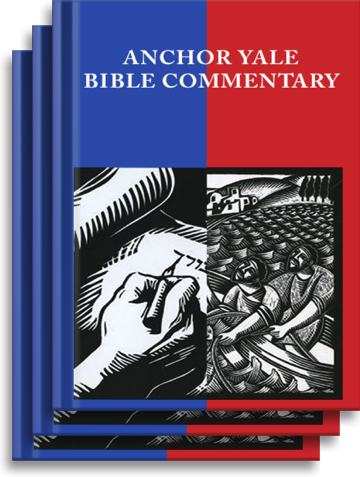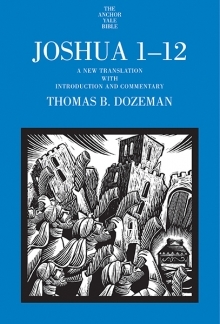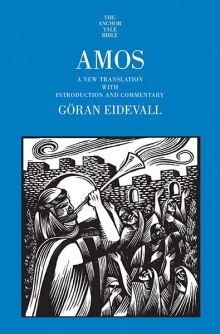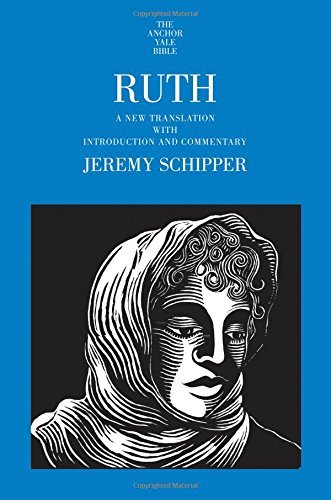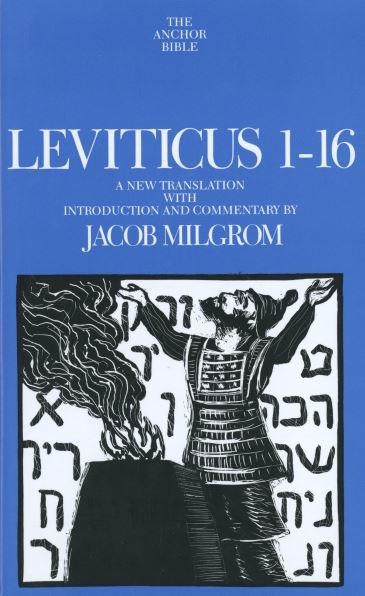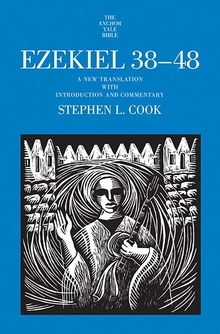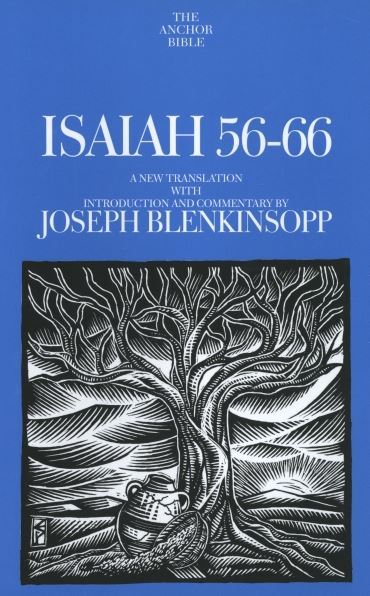



Exodus is the heart of the Hebrew Bible, the defining moment in Israel’s birth as a people, the dramatic triumph of their God. Yahweh, Pharaoh, Moses, Aaron, the Hebrew slaves, the plagues, the parting of the Red Sea—these larger-than-life characters and epoch-making events capture the imagination of everyone from biblical scholars to moviemakers. However, the meaning and significance, the beauty and nuance, of this captivating biblical book are lost unless we have a world-class Scripture scholar to open our eyes to its riches.
In Exodus 1–18, William H. C. Propp translates the original text in all its grandeur, then provides a masterful exploration and analysis of the book’s first eighteen chapters. Here the fate of the Hebrew slaves hangs in the balance of the dramatic conflict between the God of Israel and the Pharaoh of Egypt. From the discovery of Moses in a basket made of bulrushes to the story of the Burning Bush, from the ten plagues visited upon Egypt by God to water from the rock and quail and manna from the skies, Exodus is filled with the miraculous and the dramatic.
Doubleday is proud to be publishing the long-awaited first of two volumes of the Anchor Bible Commentary on Exodus. Exhaustive, meticulous, and brilliantly researched, Propp’s Exodus 1–18 is well worth the wait, exceeding expectations and meeting the reader’s every need.
William H.C. Propp is a professor of history and Judaic studies at the University of California, San Diego. He has written on the Hebrew Bible for such respected scholarly journals as the Catholic Biblical Quarterly, the Journal of Biblical Literature, Vetus Testamentum, and Bible Review. He lives in La Jolla, California.
THE ANCHOR YALE BIBLE COMMENTARY SERIES is a project of international and interfaith scope in which Protestant, Catholic, and Jewish scholars from many countries contribute individual volumes. The project is not sponsored by any ecclesiastical organization and is not intended to reflect any particular theological doctrine.
The Anchor Yale Bible is committed to producing commentaries in the tradition established half a century ago by the founders of the series, William Foxwell Albright and David Noel Freedman. It aims to present the best contemporary scholarship in a way that is accessible not only to scholars but also to the educated nonspecialist. Its approach is grounded in exact translation of the ancient languages and an appreciation of the historical and cultural context in which the biblical books were written supplemented by insights from modern methods, such as sociological and literary criticism.
